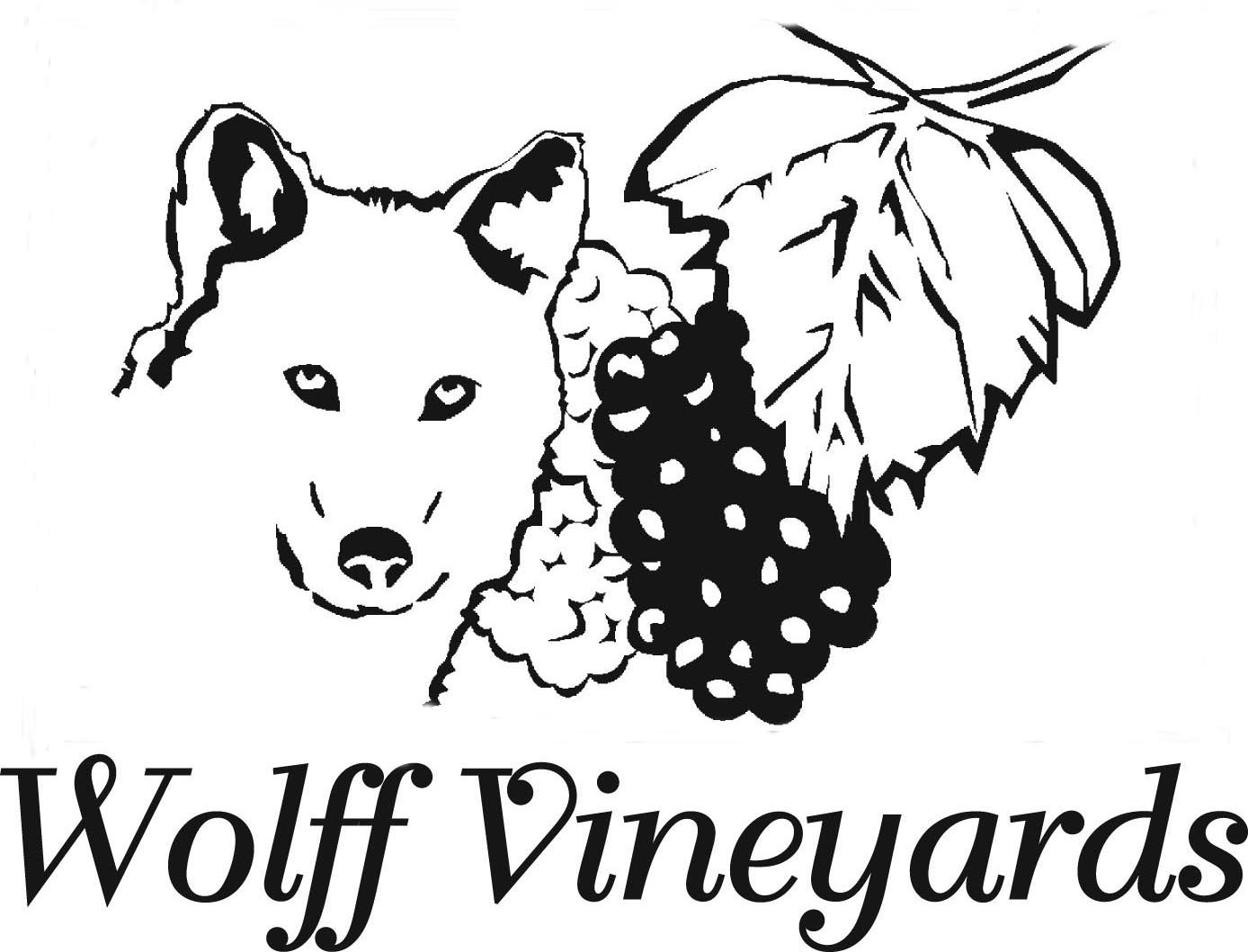Capturing Environmental Sustainability in Every Bottle They Make
Wolff Vineyards is family owned and has been on the forefront of sustainability in the wine and grape business for over 15 years. Some of their major initiatives have resulted in significant water and energy savings. This includes dry farming 50 acres of the 125 acre vineyard and installing electronic soil moisture sensors and drip irrigation systems. Additionally, a variable speed drive installed at the main irrigation pump reduced energy usage by 40%, maximizing pumping efficiency and delivering the right amount of water needed at the optimum pressure. In the Wolff Vineyard tasting room, a LED lighting conversion reduced energy use by 80%; and an installation of an air cooling economizer system led to 25% energy savings in the barrel room.
The vineyard is a role model for other vineyards and demonstrates ways to incorporate environmental stewardship into its landscape. A combination of electronic soil moisture sensors, extensive drainage system, and graded slopes in the vineyard capture surface storm water runoff that is redirected to the lower vineyard. Buffer strips of native grass and beneficial cover crops are planted on topsoil between vine rows to further infiltrate water, prevent erosion, improve surface water quality, provide carbon sequestration, and later harvested and recycled as compost. Biodiesel is used in small motorized equipment such as ATVs, mule trucks, and tractors.
High efficiency fluorescent lights and LEDs, dimmable fixtures, and motion sensor lighting have been installed in and around the winery, tasting room, and restroom. Wine bottles are made of lightweight glass and technical corks are made of grounded natural cork, reducing energy footprint and manufacturing waste, respectively. The tasting room has a temperature controlled high-efficiency air conditioning system, glazed double-pane windows, and a high-efficiency dishwasher with a storage tank that collects the previous rinse cycle water for reuse in the next load’s rough wash. To reduce the use of cleaning chemicals and save water, a steam pressure washer is used to sanitize the winery equipment, tanks and floors.
The outdoor tasting room area includes low impact permeable pavement and the main vineyard roads are made of recycled asphalt from a local city road repaving project. A creek segment that cuts across the property is a part of a long-term state and federal demonstration project to enhance steelhead trout habitat. Integrated pest management (IPM) techniques such as beneficial insects release and pheromone cards are applied to reduce pesticide use.
The vineyard has been certified by the Sustainability in Practice Program, a program that carries rigorous and reputable standards for vineyard environmental practices. Moreover, the significant efforts taken by Wolff Vineyards are based on three principles: Environmental Sustainability, Social Equity, and Economic Sustainability. Employees have been trained to explain to customers the various ecological and sustainability initiatives implemented at the facility and they proudly publicize their efforts to guests with signs. They host many tours, field trips, and classes at the vineyard including those for local colleges and universities. Topics include environmental science, sustainable wine grape growing, climate adaptation, and water conservation. They participate in a local teacher’s sustainability program called “Science After Dark.” The owner is also an Executive Board member of the Cal Poly Center for Sustainability and is a leader in his community.

Wolff Vineyards is a 125 acres farm that grows wine grapes, sells to ultra-premium wineries, produces Estate award winning wines, and has an on-site tasting room and garden.
Green Practices:
- Dry farm 50 acres of the 125 acre vineyard
- Electronic soil moisture sensors and drip irrigation systems have been installed
- Grey water from equipment and tank washing is captured and spread onto the vineyard
- A creek segment that cuts across their property is a part of a long-term state and federal demonstration project to enhance steelhead trout habitat
- Pumace and stem by-products from the wine making process are integrated into compost for the vineyard
- Wine shipping trays, cardboard boxes, and gift wrapping are made from post-consumer paper products
Cost Savings:
- A LED lighting conversion in the tasting room reduced energy usage by 80%
- Utilizing a steam generator and pressure washer in the barrel room and winery sanitation resulted in 25% energy savings
- Installing an air cooling economizer system for the barrel room resulted in 25% energy savings
- Water harvesting on vineyard slopes has replenished deep soil profile and resulted in 8,000 KWh savings
